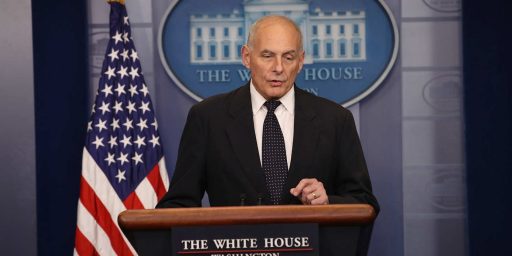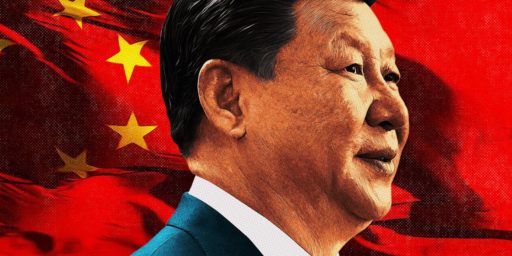No Reset Button in Foreign Policy
Nick Gvosdev, the outgoing Editor of The National Interest and soon-to-be professor at the Naval War College makes a point that can’t be emphasized enough: “[T]here is no ‘reset’ button in U.S. foreign policy. . . . [N]o matter who the next president is, there are challenges to be faced that will require adaption to the changes occurring underway in the international system.”
While this is obvious in many ways, candidates and their supporters often talk as if this is not the case. The world does not suddenly change the day a new president takes office nor is the new guy free to promulgate policies without regard to what has happened before. The countries with whom we must engage will continue to have the same interests, issues, and institutions that they have now. International alliances, institutions, and treaties are already in place.
None of this is to say it doesn’t matter whether McCain or Obama wins; it does. But neither will remake U.S. foreign policy overnight. Or even in four years.





Yes and no. Whomever is president will certainly have as their starting point what has gone before. They will start with a NATO established, the panama canal not under US sovereignty, the Iraq/Afghanistan war in progress, etc.
What the new president can do is make a radical shift. He could order all US troops back to the US, US troops into Zimbabwe, etc. There is a brake on this in the form of congress, but the president has wide latitude on foreign policy.
The real question is how aggressively the new president is willing to move in a changed direction.
Theoretically, yes. Practically, no.
The former would be so politically irresponsible that it would kill his presidency. The latter would not only be unpopular but constrained by Iraq.
McCain and Obama would likely differ somewhat in how they handle both of those crises. But it wouldn’t be night and day.
I agree that removing all troops from Iraq or moving them to another danger zone is impractical.
It doesn’t take a genius to know that a quick pull out of Iraq creates more problems than it solves, and the president will get to own the debacle that follows.
Those hoping the troops come home within the first few months of an Obama presidency are in for a surprise if that is what they expect.
Foreign policy is definitely something that comes with the house, when you guy it.
Very true, yetanotherjohn, that the new president both inherits situations from the previous incumbent but also has the power to make changes. What does concern me, in both campaigns, is not recognizing that other countries are not going to return to some sort of status quo ante. Russia, China, India–all three are not going to assume their 2000 position. Proposals that the U.S. might make on climate change or Iran that might have won acceptance in 2000 or even 2003 or 2004 are no longer going to be seen as sufficient. I don’t think that the campaigns have quite appreciated that it is going to be very difficult to turn pages back.